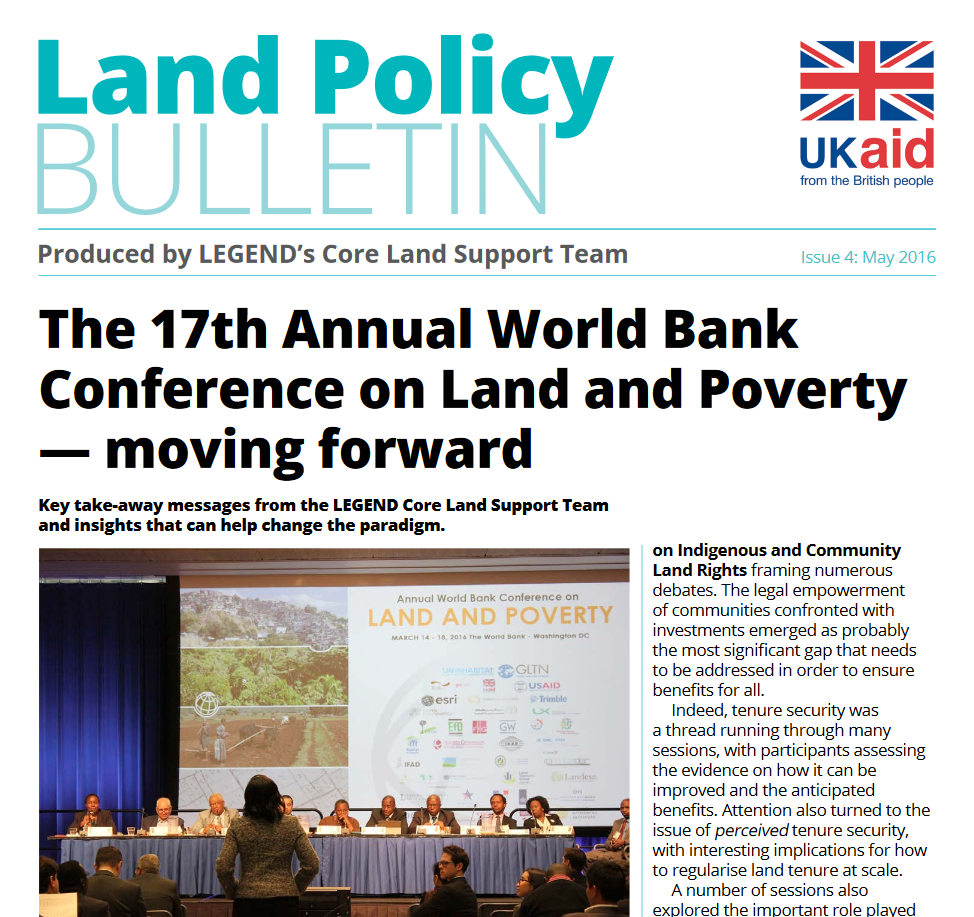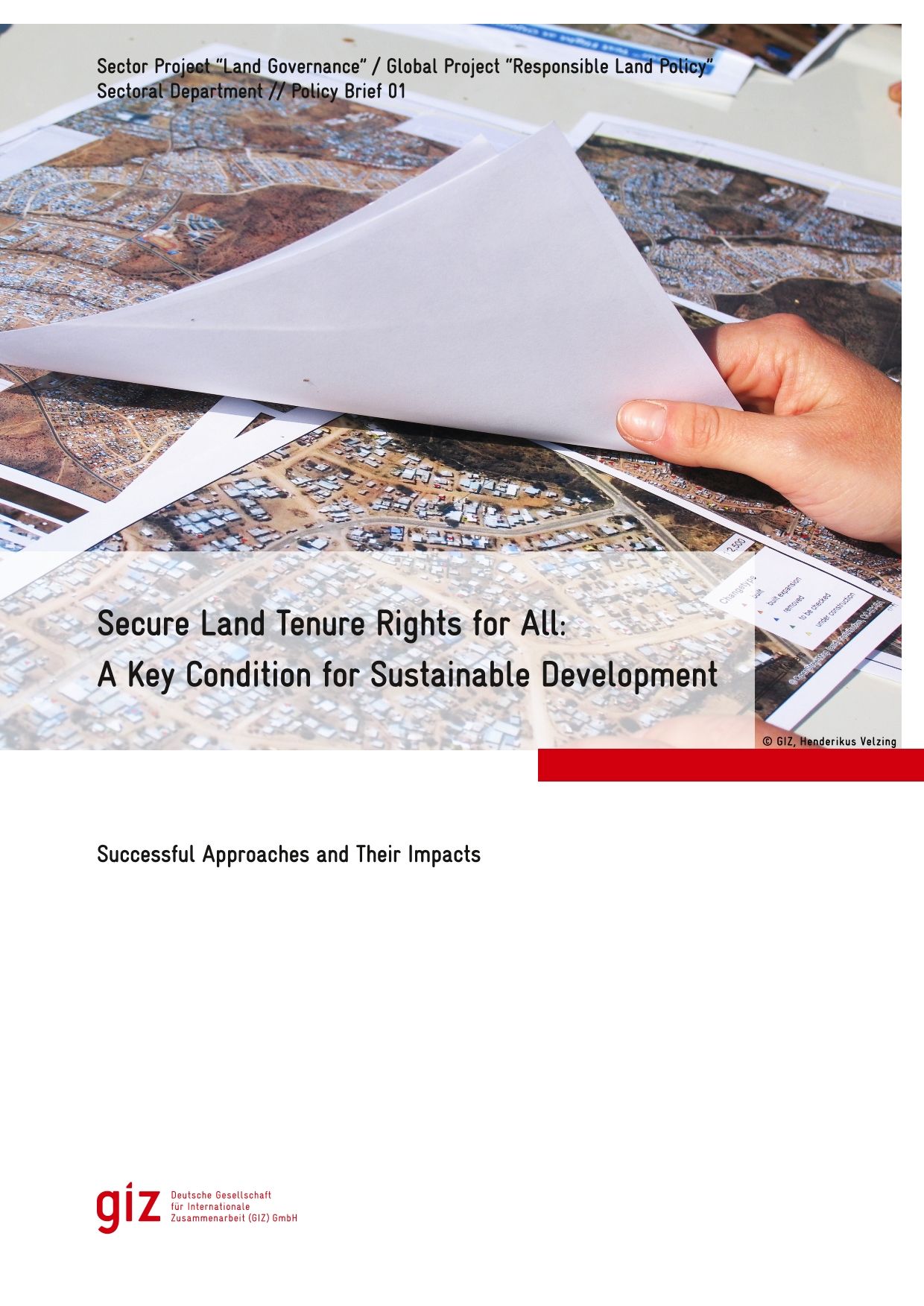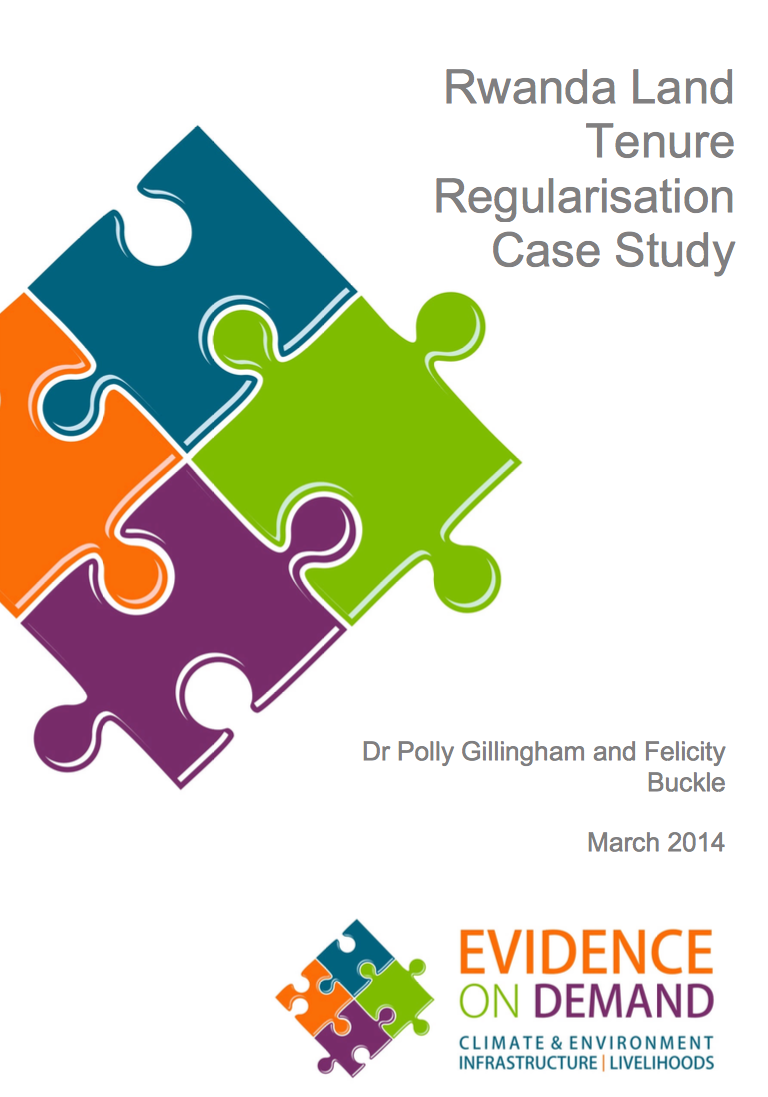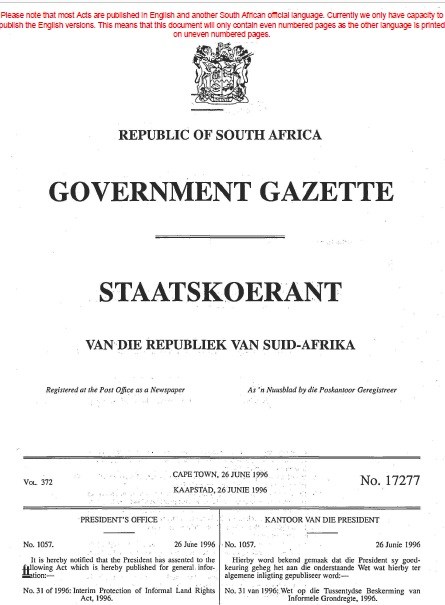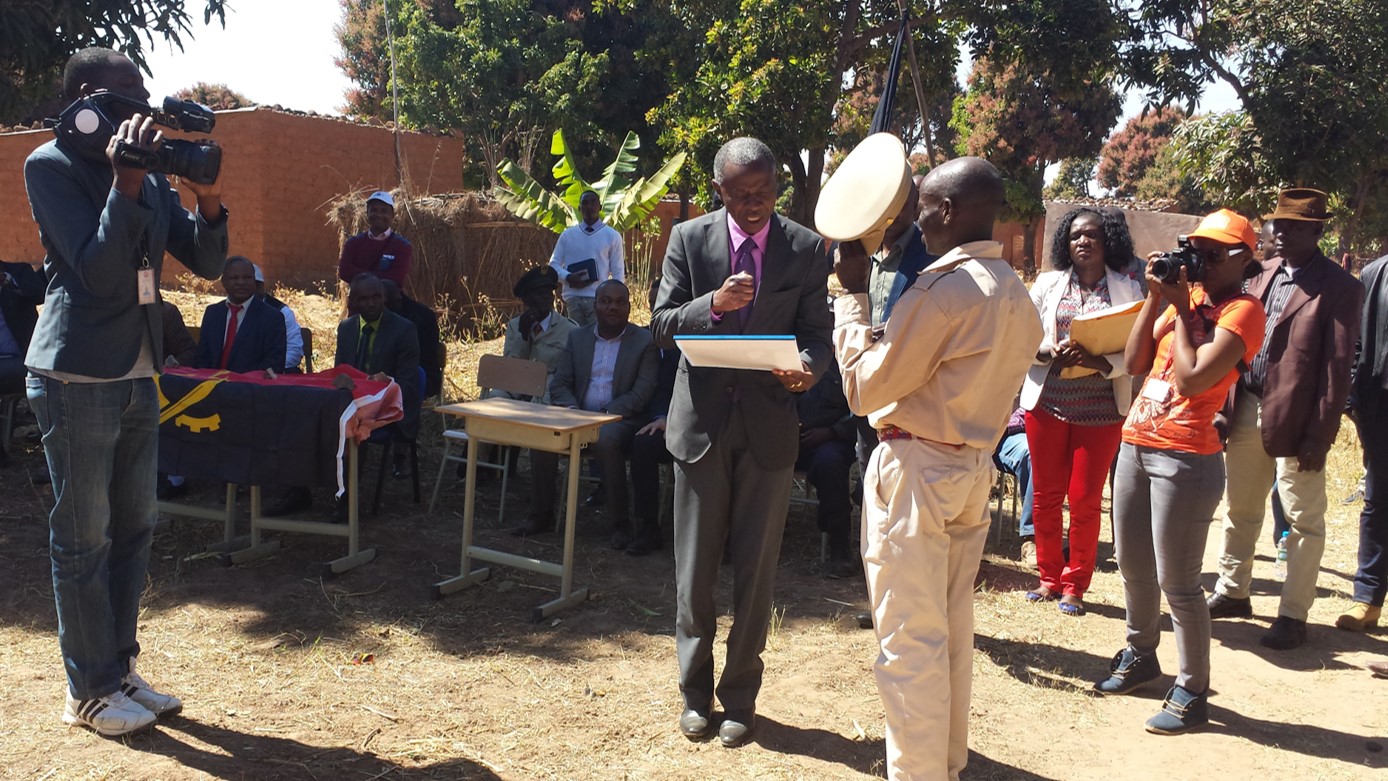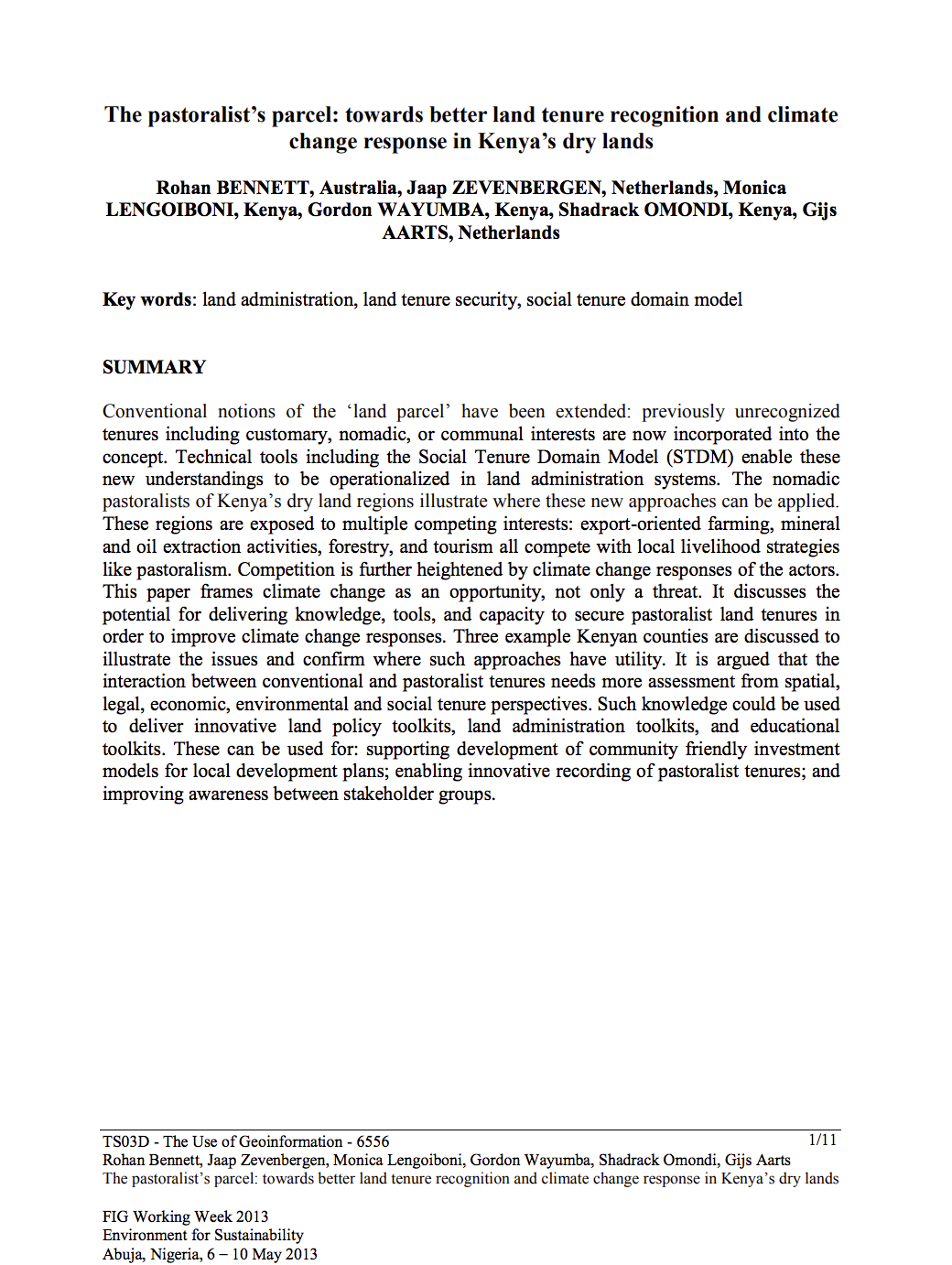Environmental and gender impacts of land tenure regularization in Africa : pilot evidence from Rwanda
Although increased global demand for land has led to renewed interest in African land tenure, few models to address these issues quickly and at the required scale have been identified or evaluated. The case of Rwanda's nation-wide and relatively low-cost land tenure regularization program is thus of great interest. This paper evaluates the short-term impact (some 2.5 years after completion) of the pilots undertaken to fine-tune the approach using a geographic discontinuity design with spatial fixed effects. Three key findings emerge from the analysis.





